Waste: balancing business and the environment
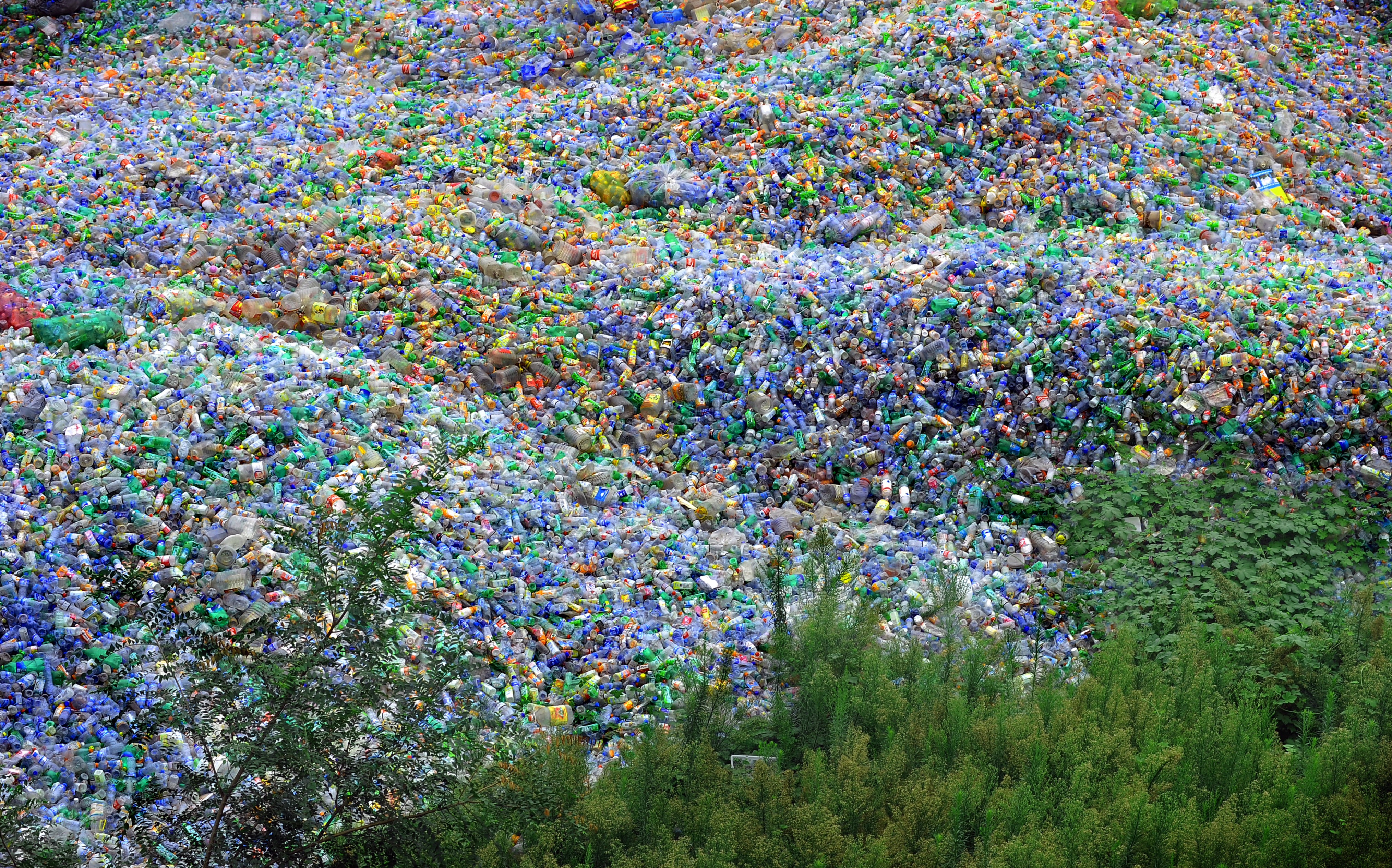
The crossborder traffic of waste is today a global business and sometimes even makes ecological sense, according to experts. The important thing is for future problems to be dealt with efficiently and with international cooperation.
In Naples in January 2008, lack of waste collection meant some 110,000 tonnes of rubbish piled up in the streets. Fourteen Swiss waste incineration facilities held talks with the Neapolitan authorities about importing the rubbish.
The Swiss were not the only ones offering to help, however; foreign competitors were also interested.
The Federal Environment Office told swissinfo.ch at the time that importing other countries’ refuse made sense because Switzerland could make the most of the available capacity of its incineration plants.
It admitted that importing rubbish wasn’t a long-term solution, but in the short term it could prevent environmental pollution.
WWF Switzerland agreed that from a short-term point of view it was surely better to get rid of the rubbish in Swiss incinerators than burning it on Italian streets. The environmental group believed it would be wrong, however, to increase the capacity in Switzerland on economic grounds in order to burn foreign rubbish.
Lucrative
The deal with Naples never happened – the rubbish was disposed of in Italy – but the international trafficking of waste is today a lucrative business.
In the Bazenheid incinerator in canton St Gallen, getting rid of one tonne of household waste a few years ago cost SFr250 ($258). Burning 110,000 tonnes would therefore have brought in SFr27.5 million.
“Obviously it makes most sense to get rid of the rubbish in the place where it comes from,” Felix Meier from WWF told swissinfo.ch.
“But if this isn’t possible in an environmentally sound way, then it makes sense to export the rubbish – even big distances, as would have been the case with Naples. Especially when the clean Swiss incinerators have capacity.”
Basel Convention
The Basel Convention on Transboundary Movements of Hazardous Waste and their Disposal is also valid in Switzerland.
“This stipulates autonomy of disposal, which in Switzerland has been implemented, for exports among other areas,” André Hauser from the Federal Environment Office told swissinfo.ch.
“For example, exports of municipal waste or of exports of waste to be disposed of in surface landfills are not permitted.”
The Basel Convention also covers imports, with the import of rubbish to be deposited in Swiss storage facilities also banned.
“As long as the capacity and the technology is available, it should be possible to import waste. What’s more, the latest technology means incinerating municipal waste is better for the environment that dumping it in a landfill.”
Safe trains
Switzerland exports around 500,000 tonnes of hazardous waste every year and imports just over 30,000 tonnes. How safe is transporting it?
“The dangerous goods law should guarantee safe transport on the roads or railways. If it’s also a question of waste, the regulations also cover packaging and other conditions,” Hauser said.
Meier from WWF said that for hazardous waste there had been an international accord for more than ten years, according to which the exporter has to take care of the disposal of the waste and bears responsibility should something go wrong.
“This is not an absolute guarantee, but exporters are very much aware of it,” he said.
Hauser said it basically made more sense to transport waste across borders using trains.
“There are no clauses in the waste law which demand that. We’re just checking whether disposal per se is ecologically compatible,” he said.
For Meier, trains “clearly have the lead” when it comes to the environment and safety.
“In this respect the state could support the railways more and also check the safety requirements for freight trains.”
Export of rubbish
Switzerland is considered a recycling world champion, yet the country still exports rubbish.
Hauser believes exporting rubbish can make sense, “above all when it concerns recycling”.
He said Switzerland had few possibilities to take care of rare or precious metals, for which there are only a few specialist plants around the world.
“Even if you consider the remediation of contaminated sites which is currently taking place in Switzerland, we don’t have enough capacity to treat the waste according to the state-of-the-art technology,” he said.
He added, however, that as a general principle waste should be disposed of within Switzerland.
“But municipal waste, sewage sludge and combustible construction waste should not be exported at all.”
Felix Meier said practically all Swiss household waste was disposed of in advanced incineration facilities.
He said it was often not worth building special disposal plants for refuse which accumulated in smaller quantities, such as hazardous waste. “There are just as good and better value options abroad.”
Waste as commodity
“Our massive consumption of goods means we use up three times as much as our planet can provide. Our resources are thus becoming increasingly scarce and more expensive,” Meier said.
He added that, as a result, using waste as a source for new resources was growing strongly.
“For example the amount of gold in [all] our mobile phones is greater than in most goldmines. Linked to that, waste is turning into a commodity – in other words, it’s becoming a goldmine,” he said.
“Today, there’s already a good market for relatively clean collected waste like paper, aluminium and batteries. This also benefits the environment.”
Municipal waste covers waste from households, including bulky waste, similar waste from commerce and trade, office buildings, institutions and small businesses, yard and garden waste, street sweepings, the contents of litter containers, and market cleansing waste.
Municipal waste incinerated: 2,760,000 tonnes
Municipal waste recycled: 2,808,000 tonnes
Total municipal waste: 5,568,000 tonnes
Hazardous waste (including exported waste): 1,784,000 tonnes
Sewage sludge: 210,000 tonnes
(Source: Federal Environment Office)
(Translated from French by Thomas Stephens)

In compliance with the JTI standards
More: SWI swissinfo.ch certified by the Journalism Trust Initiative
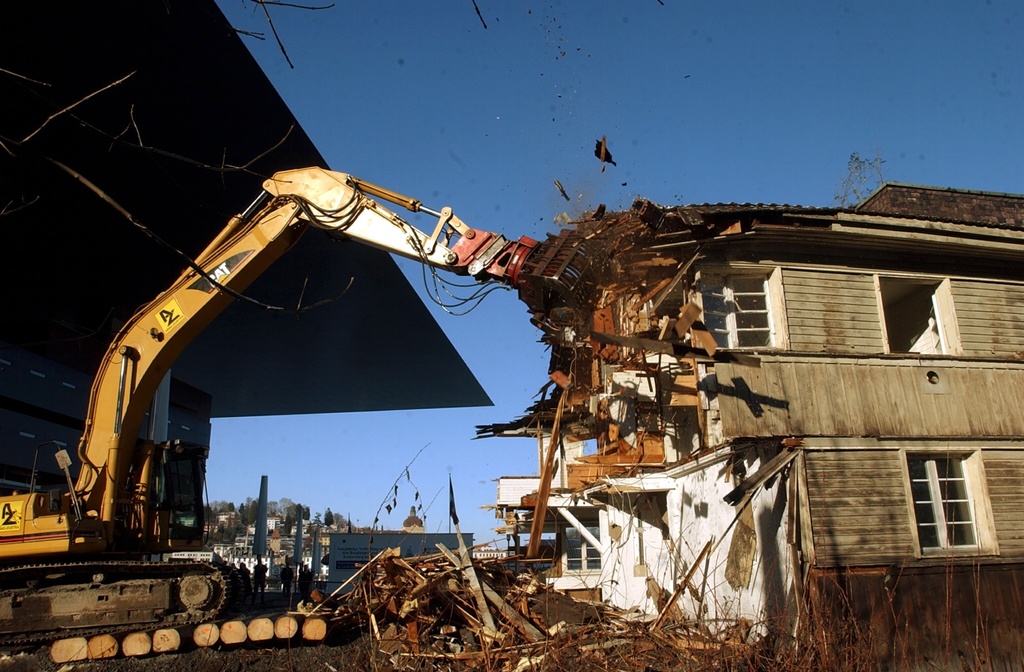
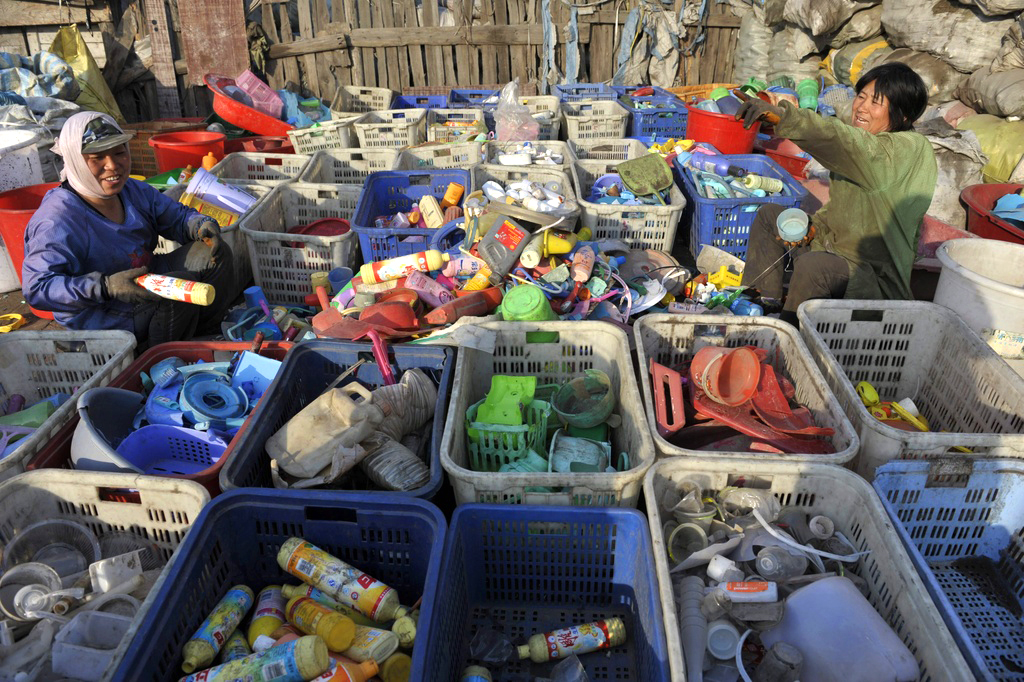
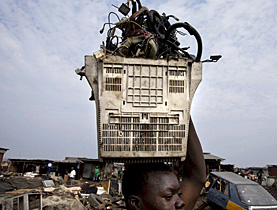
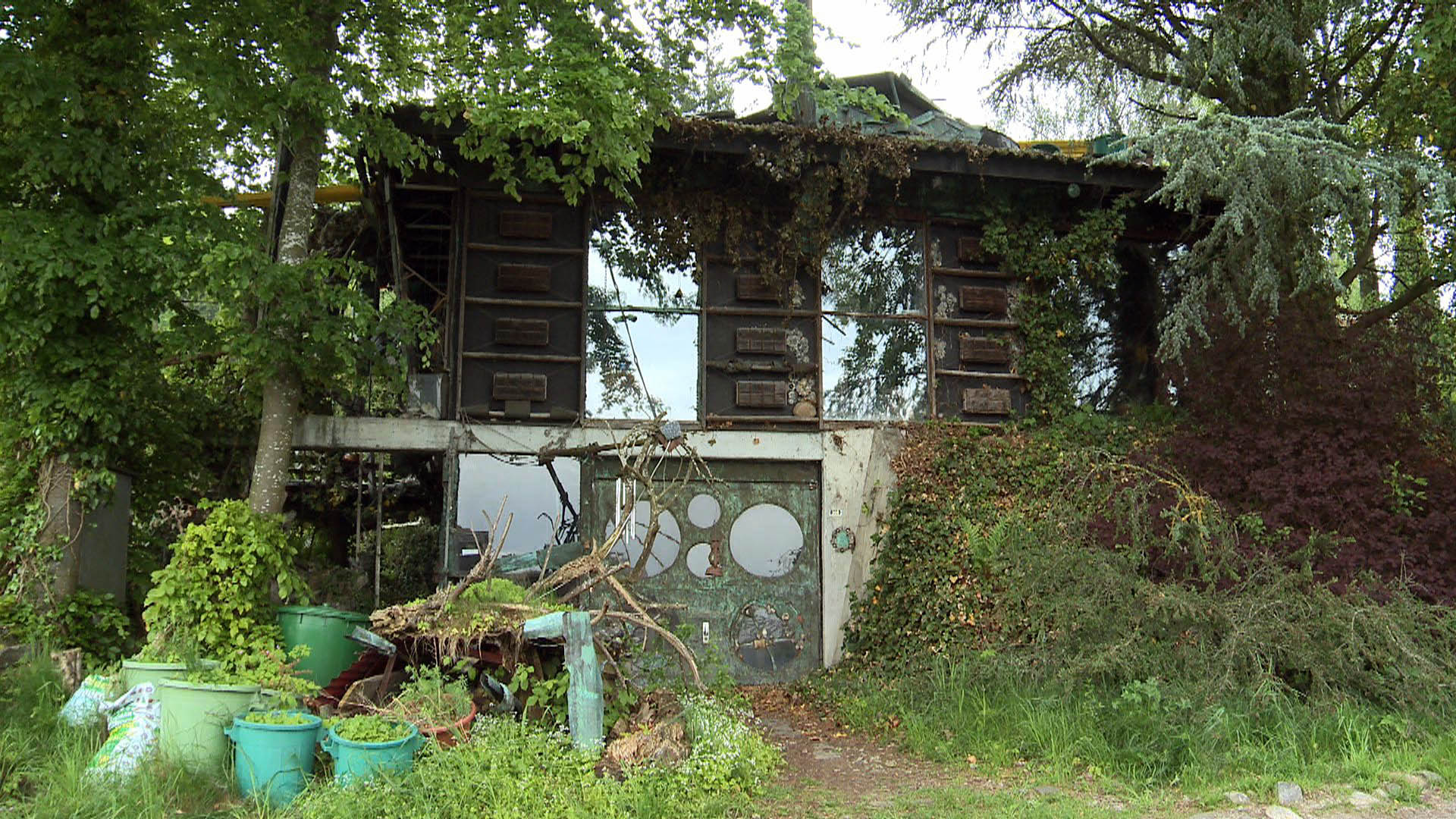
You can find an overview of ongoing debates with our journalists here. Please join us!
If you want to start a conversation about a topic raised in this article or want to report factual errors, email us at english@swissinfo.ch.